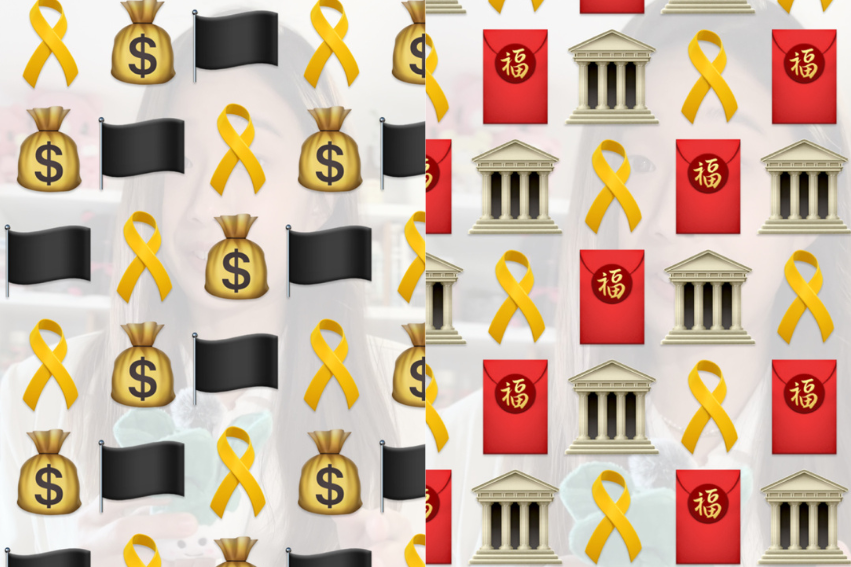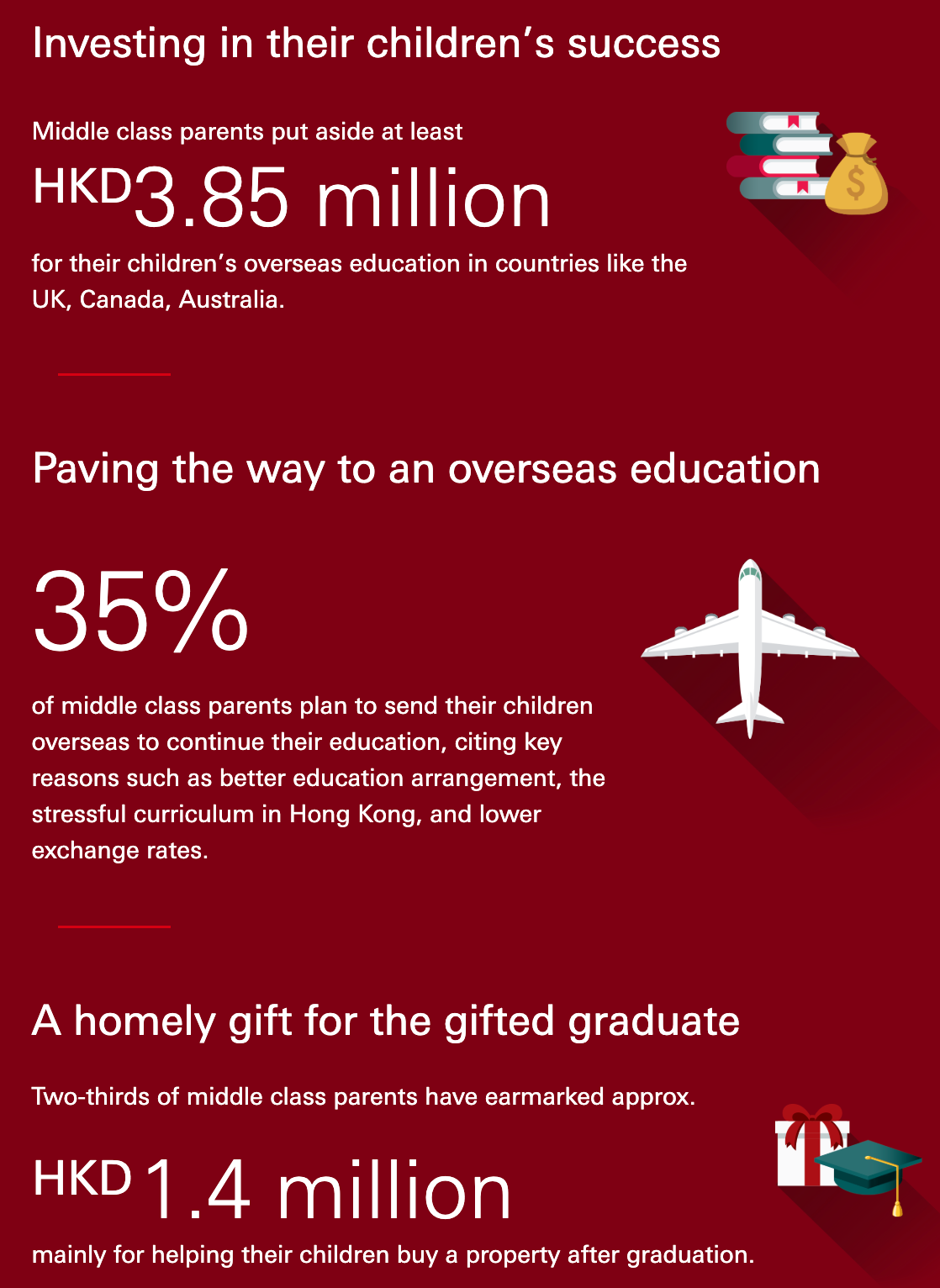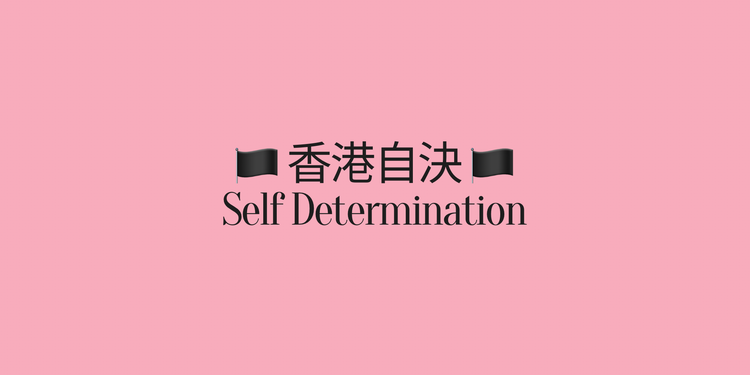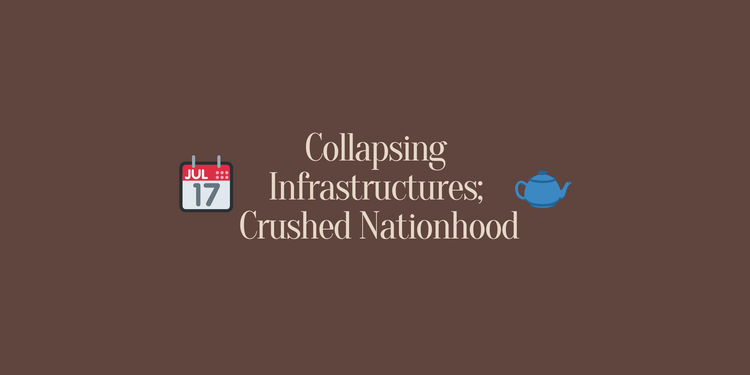📹 A Classist Struggle within Transnational Hongkonger Communities

Did you know that Hong Kong’s top 0.001% - that is 75 people - accounts for over 55% of the city’s income.
Hong Kong and its people are shaped by the extreme accumulation of WEALTH. So today, let’s talk about the classist elements of the transnational Hongkonger communities.

Since 2019, HKSAR’s oppressive governance has caused an exodus. The city’s population fell by 1.2% in two consecutive years.
Thanks to the brave tears of 大台社運明星 - myself included - Hongkongers were able to secure various western immigration pathways.
Western nations saw an opportunity to import upper-middle class Hongkongers - most are highly educated in their professional sector, nuclear families with young children, English-speaking and ALSO have a healthy chunk of savings to transfer to their new resident country.

A side note here: What often goes unacknowledged is that these “middle-class families” in Hong Kong were built on exploitation of racialized and migrant workers, who provide domestic care labour like household chores, child & elder care. The majority of domestic care workers are women from Southeast Asia. 姐姐姨姨 also face other forms of abuse by their live-in employers and HK society.
NOW. Let’s dive deeper: The diaspora also has a wealth gap, similar to one we observed in Hong Kong.
Financial standing is an obvious indicator of whether an individual can resettle with comfort and ease. Having cash flow to support basic living expenses and housing. And of course, securing a livable wage job can be a huge advantage!
Well-seasoned professionals have to re-enter school to be certified in their resident nation. Trying to re-build their careers in a place where their past experiences aren’t always acknowledged as relevant. It’s hard, but having a social support system can help them get a kick start.
And the many many many more who have arrived without wealth or a support system - the working class migrants. Many are in low-wage high-intensity jobs, holding multiple jobs, all the while trying to meet the strict economic migrant requirements.
If you are paying attention, the class disparity is obvious.
The diaspora and newcomer Hongkongers - especially those in the working class - can benefit greatly from social services: employment, therapy and mental wellness services, resettlement assistance, child care and youth supports, language and cultural programming.
I want Hongkongers to acknowledge the importance of social services and cultural groups - especially the very few organizations safe from the United Front’s astroturfing and foreign interference. Currently, we are confronted with a major pitfall: the diaspora has underdeveloped social infrastructures and soft power institutions.
A message to the upper-middle-class Hongkongers with economic and social stability: What are you doing to contribute to your community?
唔係個個都做到游說勇武抗爭手足,但屌你老母,你移民嘅資本係由香港抗爭者爭取返嚟。你嚟到外國就拋棄香港自決呢個未來?你哋曾經係金主家長,點解嚟到外國就拋棄香港社群嘅發展呢?我就係屌你哋點解唔捐錢去支持海外香港人社群發展,唔撚叫你企喺前線啦,而家請你去投資喺海外離散香港人嘅社群發展上,ok?
We need middle-class Hongkongers to step up - donate to Hongkonger-serving organizations. Many of you may not see immediate value from these investments, but these social and cultural organizations are essential to strengthen the diaspora community’s resilience and can become a source of soft power for Hongkongers.
I have compiled some orgs you can donate to -> 🔗 Linktree 🌲
Plz also share in the comments if you have any recommendations, I will add them to my linktree!
*This is not an endorsement or collab*
Before we go… remember, eat the rich 😉
🤩 Interesting Points in a Parking Lot of Ideas 💡
- Not enough time to talk about the power of social connections and influence associated to political decision makers… These connections, knowledge, and allies are invisible resources that are taken for granted by locals/those with privilege… for a later time.
- Hong Kong’s mass protest movement was empowered by decentralized organizing and grassroots funding. It worked because there was a division of responsibility. Those with financial power are willing to contribute and invest in the resistance - whether providing donations or material supports - the middle-class community was active in contributing to the movement.
- It’s reasonable to take some time to settle and adapt to their new environment - some are overcoming culture shock and some decide to go back to Hong Kong. Side eyeing the middle class Hongkongers asking about how to bring their domestic worker over to continue working for them…
“In 1988, the net wealth of the wealthiest 0.001% accounted for 17% of the city’s income. By 2020, it more than tripled to 55% of the city’s income.” (Stanford University 2024)
- The golden ages in Hong Kong must be soon after the announcement & actual transfer of sovereignty
- Rose-coloured glasses for the past generation of Hongkongers who believed in the great development from motherland, when really - it was what fucked us into this deep economic inequalities.
“In 2018, for example, the top 0.001% wealth share in Hong Kong far exceeded that of Russia, was more than twice that in the U.S. and China, and 10 times the level in France.” (Stanford University 2024).
Another Fun Fact:
Top 5% income earners are also more likely to favour political parties aligned with the Chinese party-state apparatus (Stanford University 2024).
- Hmm I wonder why?
- Because the Chinese party-state apparatus is an ethno-nationalist capitalist society exploiting human and labour rights!
📝📝 Reference List 📝📝
Chen Zifei (2023). “As residents flee Hong Kong, officials trawl region in the hope of luring talent.” Radio Free Asia. https://www.rfa.org/english/news/china/hongkong-talent-drive-01272023143802.html
King Man Ho and Cheng Yut Yiu (2021). “Hong Kong’s Population Falls For Second Year Running Amid Exodus”. Radio Free Asia. https://www.rfa.org/english/news/china/falls-08162021154904.html
Stanford Center on China’s Economy and Institutions (2024). “How Hong Kong Became One of the Most Unequal Place in the World”. Stanford University. https://sccei.fsi.stanford.edu/china-briefs/how-hong-kong-became-one-most-unequal-places-world
Thomas Piketty and Li Yang (2022). “Income and Wealth Inequality in Hong Kong, 1981–2020: The Rise of Pluto-Communism?” The World Bank Economic Review. https://academic.oup.com/wber/article-abstract/36/4/803/6754318
“HSBC Premier- 2022 New Middle Class Study”. HSBC Bank. https://retailbank.hsbc.com.hk/newmiddleclass-study/en/home/



Comments ()